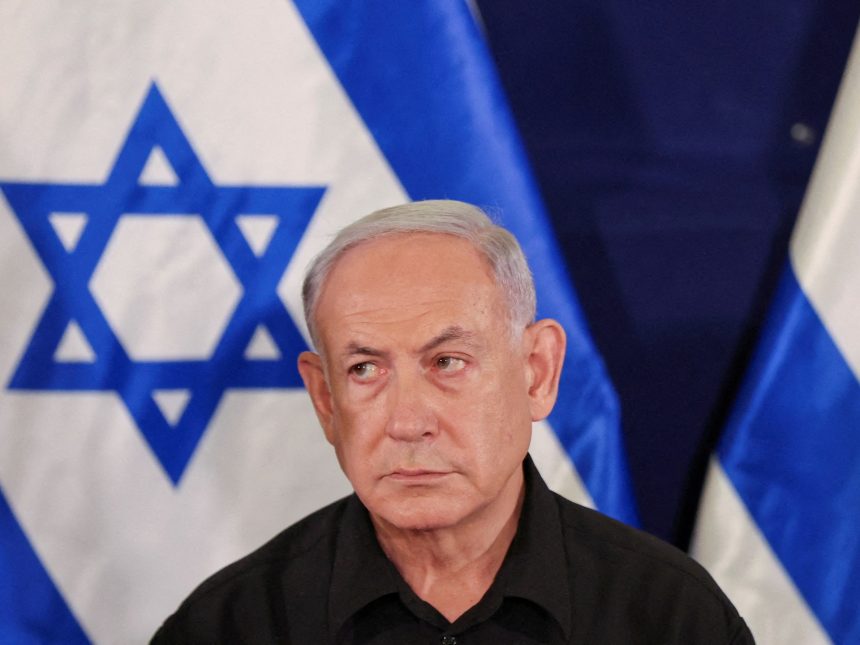The Israeli leader suggests his country will have responsibility for Gaza’s security for an ‘indefinite period’ after war.
Israeli Prime Minister Benjamin Netanyahu has again ruled out a ceasefire until Hamas releases its captives in Gaza, but signalled his openness to “tactical little pauses” to allow the movement of people and aid.
“There’ll be no ceasefire, general ceasefire, in Gaza without the release of our hostages. As far as tactical little pauses, an hour here, an hour there – we’ve had them before,” Netanyahu said in an interview with ABC News on Monday.
“I suppose we’ll check the circumstances in order to enable goods, humanitarian goods to come in, or our hostages, individual hostages to leave. But I don’t think there’s going to be a general ceasefire.”
Netanyahu’s comments come as Israel faces growing international pressure to halt its bombardment of Gaza, which was launched in response to Hamas’s October 7 attacks that Israeli officials say killed at least 1,405 people, mostly civilians.
On Monday, United Nations Secretary-General Antonio Guterres called for an urgent ceasefire, warning that the enclave had become a “graveyard for children“.
The United States, Israel’s closest ally, has pressed Netanyahu to agree to “humanitarian pauses” to allow aid into the enclave, but backed the Israeli leader’s opposition to a full ceasefire.
On Monday, Israel’s military said it had “coordinated” with Jordan to airdrop urgent medical supplies and food to a Jordanian field hospital in the enclave.
At least 10,022 Palestinians, including more than 4,100 children, have been killed in Gaza during the month-long war, according to the health ministry in the Hamas-run enclave.
On Monday, Netanyahu said the loss of any civilian life was a “tragedy” but disputed the reported death toll, saying it included “several thousand” Palestinian fighters, and accused Hamas of using Gaza’s population as human shields.
“It’s a very tough enemy but we can’t let them have immunity,” he said.
Netanyahu also suggested that Israel would manage Gaza’s security long after the war.
“I think Israel will for an indefinite period … have the overall security responsibility because we’ve seen what happens when we don’t have that security responsibility,” Netanyahu said.
“When we don’t have that security responsibility, what we have is the eruption of Hamas terror on a scale that we couldn’t imagine.”









